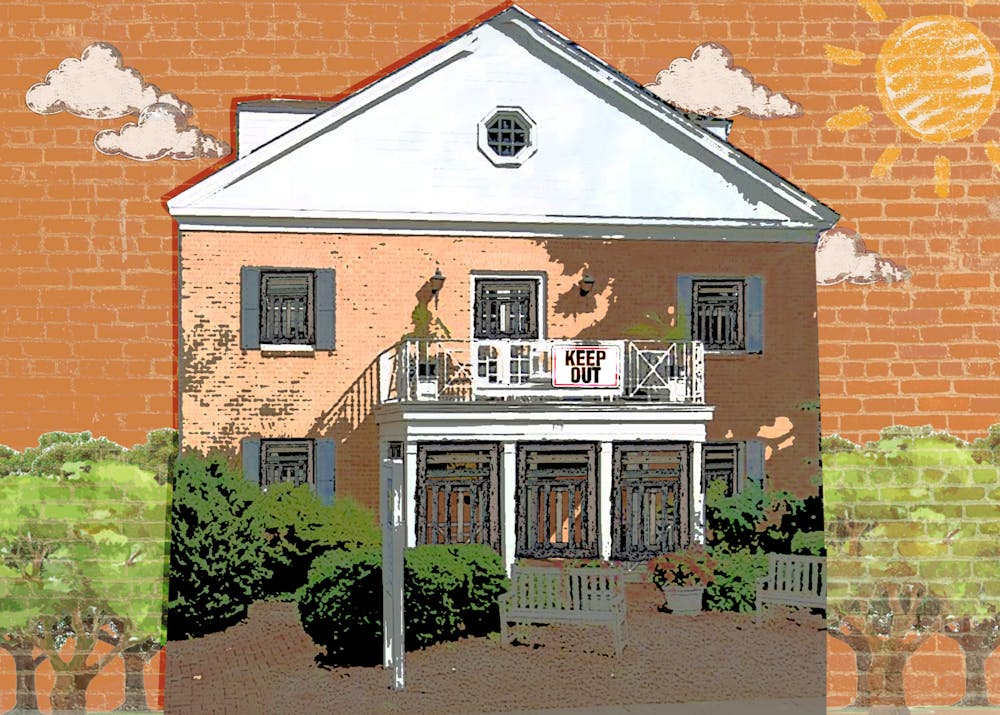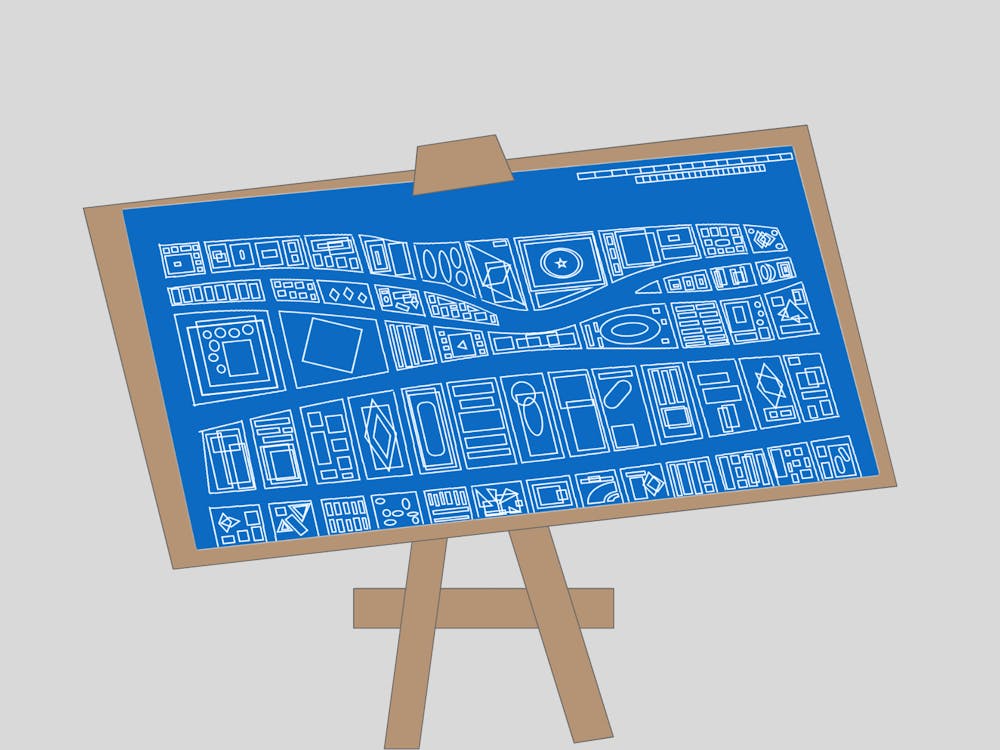For many students, cleaning up horse manure and medical equipment forces lunch into the throat. However, to a few thousand students at the University, it is not only a want but a need. Volunteering is both a way for students to give back to Charlottesville and to practice classroom learning in the real world. Therefore, volunteering should be encouraged to the fullest extent possible, whether through the University itself or through Madison House, an independent organization that aims to match University volunteers with various needs in the Charlottesville community. However, the Madison House system has been bottlenecked to a point where it has become competitive to volunteer. This bottleneck creates an inefficient, almost cutthroat atmosphere that is antithetical to the purpose of a volunteering organization. Therefore, it seems that to preserve the value of volunteering on Grounds, the University should divert funding away from Madison House toward other resources that can better facilitate student engagement.
Volunteering at the University runs primarily through the University’s Madison House or Public Service Office, an amalgamation of Madison House and other similar organizations. The Public Service Office and the Madison House serve the same function, connecting students with volunteering opportunities in the Charlottesville community. However, Madison House is not technically affiliated with the University — it was originally founded as an extension of the YMCA near Grounds and has grown into the primary middleman connecting students to volunteering opportunities. Madison House maintains a massive presence in the community with roughly 2,000 current volunteers and many different pathways to get involved in the local Charlottesville area, including opportunities in health, finance and ecology.
And while Madison House’s presence currently may seem large, it has shrunk significantly since the coronavirus pandemic shattered the network of volunteers and volunteering opportunities. Students went virtual, and safety restrictions impeded the ability of students to help out. Since then, the ability of Madison House to coordinate volunteers has remained limited — there exist many more applicants than the Madison House can accommodate, and so many students are left without a place to volunteer. While some of the limitations can be attributed to pandemic-caused financial issues that mean organizations can’t host so many volunteers, this does not mean that the need in the community has disappeared. The pre-pandemic need remains, but the ability to meet that need has diminished.
As an additional barrier to entry, much of what Madison House does is led by student leaders — which is laudable as long as the process is still efficient. However, to sign up to volunteer, applicants often must sort through complicated and inefficient student-made resources. Volunteering, and thus the Madison House, has the sole and unambiguous purpose of helping the community. The student body provides a valuable pool of labor to help meet the needs of the Charlottesville community and establish a symbiotic relationship. Preventing the community from tapping into this labor source harms all involved. Additionally, volunteering is a prime opportunity for the University to better involve itself within Charlottesville and mitigate harmful town-gown dynamics. The inefficiency of a student-directed Madison House is preventing students from helping their community, effectively bottlenecking the amount of volunteers.
Given the essential role student volunteers play, anything that prevents students from getting where they are needed is dangerous. Which makes the competitive nature of these clubs damaging to their mission. While competition in clubs is not unusual, when volunteers must compete to help others, a serious problem arises. Competition can be a good thing for certain clubs, as it ensures that the passionate get to practice their craft. However, competition should not be applied to volunteering. If the need exists in the community for a student to help out, why should a willing volunteer be turned away? Volunteering is unique in that while many other clubs offer watered-down versions of real world scenarios, those who volunteer engage in authentic experiences in many different career fields. This is evidenced by the fact that 82% of employers say that volunteering improves the odds of getting an applicant’s resume selected. Madison House cannot truly serve the community until this competition is eliminated.
Turning students away becomes increasingly problematic when one understands Madison House’s University funding. While declaring themselves independent of the University, Madison House receives an annual $50,000 from Student Council. Student Council, in turn, receives funding from students and the University. Essentially, the University is partially funding an organization that prevents tuition-paying students from providing their free labor to the community. We are paying to work, and still they turn us away. Additionally, the University allows Madison House to have its endowment under the management of UVIMCO, the same company that manages the University’s endowment. In short, the nominal independence of Madison House belies a clear financial connection to the University.
If Madison House cannot handle the demand of student volunteers, then the University should pick up the slack. The University has a responsibility to both not waste tuition money by funding inefficient organizations and to spur community engagement — no student should ever be turned away from volunteering due to poor organization. The University has an established, comprehensive office to organize volunteers that relies more heavily on administrative staff and less on students. Through the Public Service Office, the University can ensure an efficient system that creates opportunities for every student that seeks them out, although the University should focus also on building out and expanding the PSO if this route is chosen. If Madison House continues to demonstrate that it cannot adapt quickly to current demand, it needs to be fully incorporated into the Public Service Office.
Paul Kurtzweil is a senior associate opinion editor who writes about economics, business and housing for The Cavalier Daily. He can be reached at opinion@cavalierdaily.com.
The opinions expressed in this column are not necessarily those of The Cavalier Daily. Columns represent the views of the authors alone.





